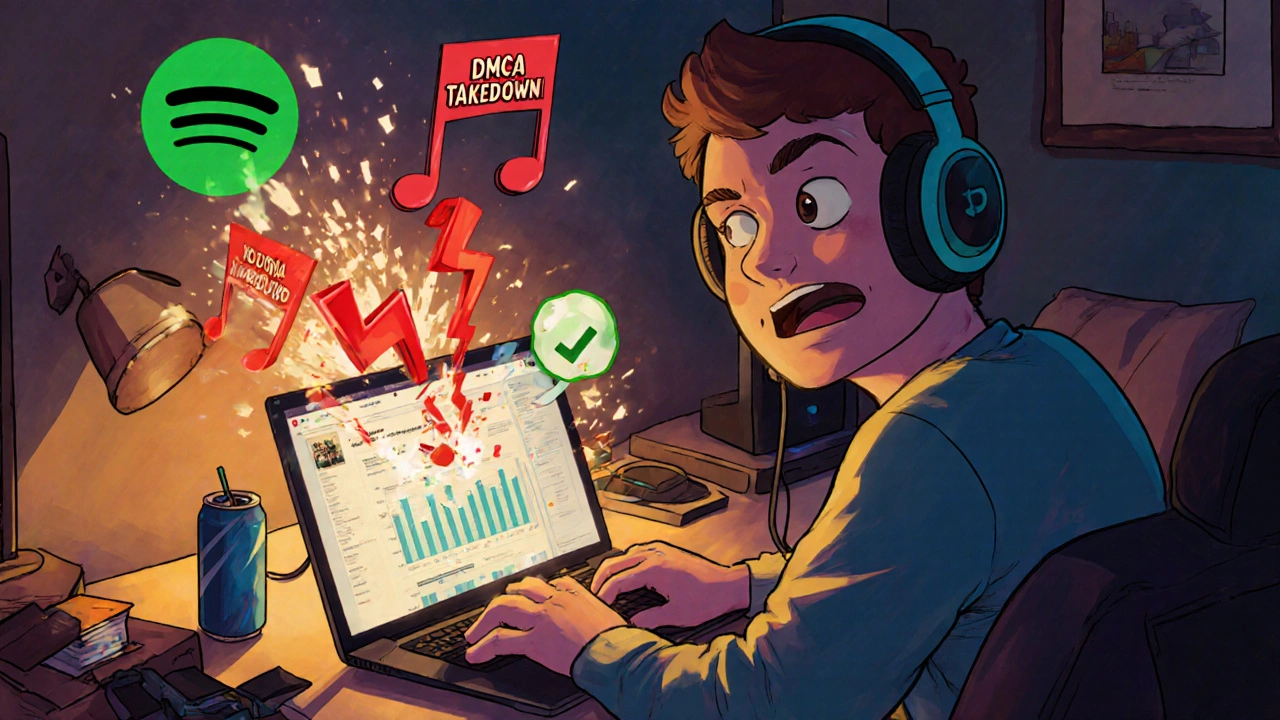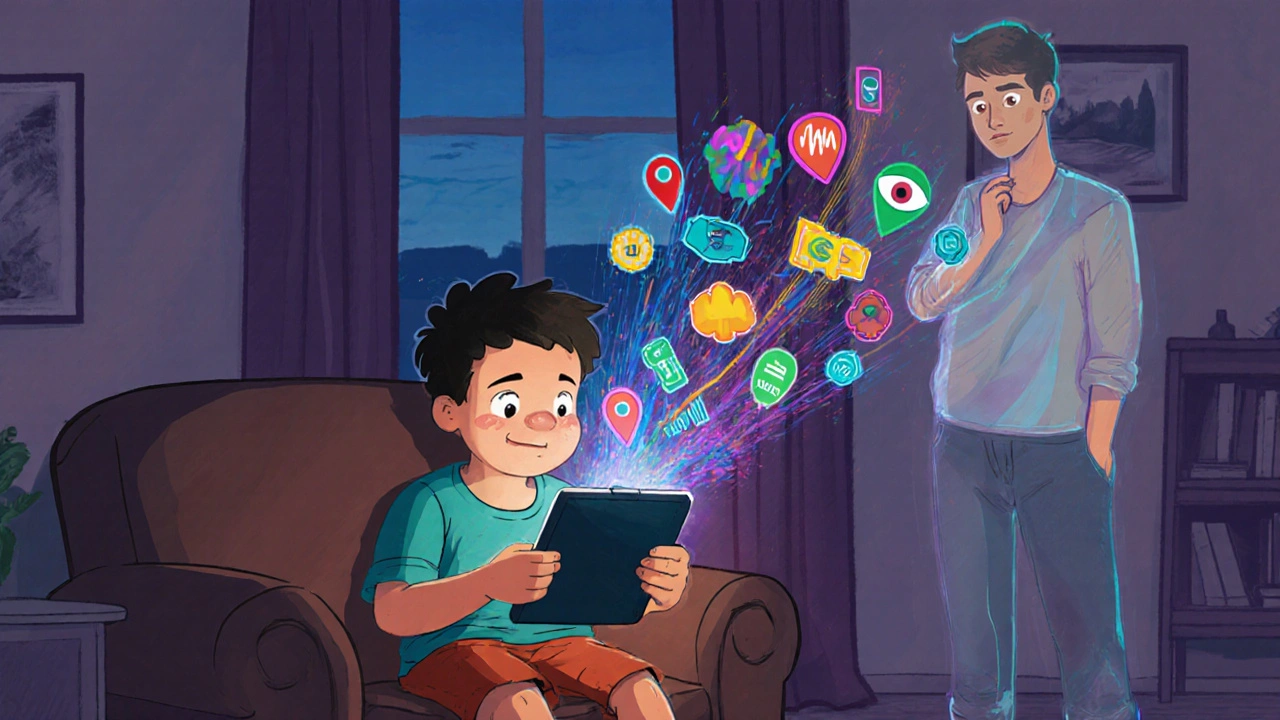Legal Insights on Drug Pricing and Emergency Pharmaceuticals
Ever asked why your prescription medicine costs so much? There’s more to it than just the label price. Drug pricing is a complex process influenced by laws, patents, and market rules. Understanding these legal factors helps you see why medicines can be pricey and what controls those costs.
Why Are Drug Prices So High?
Drug companies often defend high prices by pointing to research and development costs. But legal protections like patents give them exclusive rights to sell a medicine for years. This means no competition, so prices stay high until generics come in. Pricing is also shaped by negotiations with insurers and government programs, which follow specific legal rules. So, the law plays a big role in who gets to set the prices.
Pharmaceuticals in Emergencies: What You Need to Know
When disaster strikes, having access to the right medicines can save lives. Laws ensure key emergency drugs are stocked and regulated properly. They also guide how these medicines are distributed during a crisis. Knowing which essential drugs to have handy and understanding the legal framework behind emergency supplies can prepare you better for unexpected situations. Plus, some medicines used during emergencies require prescriptions, so it’s important to stay informed on legal access to these lifesaving pharmaceuticals.
Both drug pricing and emergency pharmaceutical laws affect us all, shaping availability and cost. Being aware of this legal landscape empowers you to navigate healthcare better and ask the right questions about your medicine and health readiness.
DMCA and Copyright for Live Streaming: Music and Video Rules You Can't Ignore
Learn the real rules around music and video copyright for live streaming. Avoid DMCA strikes, channel bans, and takedowns with clear, practical steps that actually work.
COPPA and Kids Privacy: How Streaming Apps Handle Children’s Data
COPPA protects kids' data online, but many streaming apps still collect personal info without clear consent. Learn what data is tracked, how apps bypass rules, and what parents can do to protect their children’s privacy today.
How Drug Prices Are Set: Breaking Down the Real Reasons Behind High Costs
Ever wondered why medicines cost so much? Get the real story behind how drug prices are set, who controls them, and how it affects you.
Pharmaceuticals for Emergencies: Essential Medicines and Strategies You Need to Know
Discover how pharmaceuticals can save lives in emergencies. Find out which medicines matter most, how they're managed, and tips for disaster readiness.




